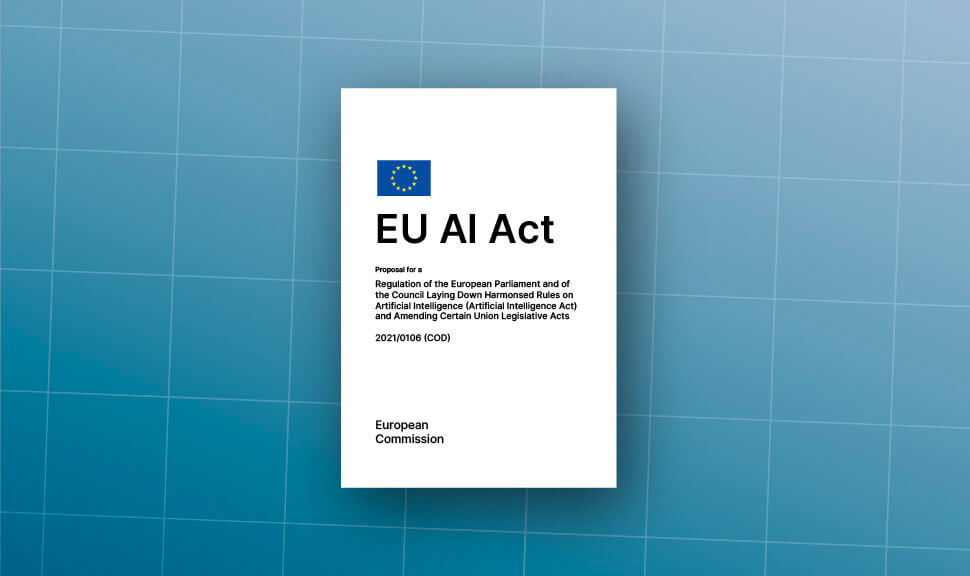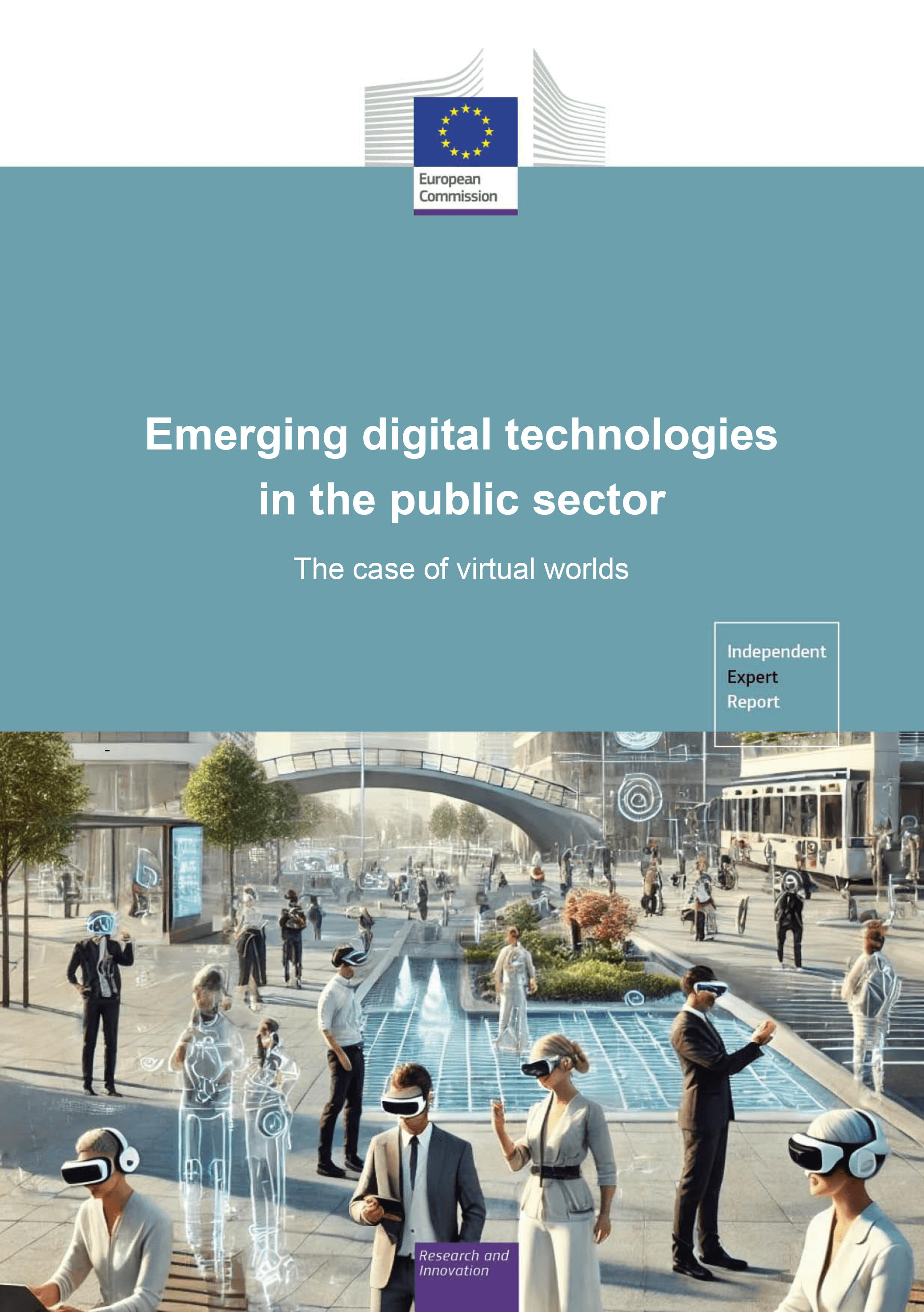Nicolas Blanc, national secretary of CFE-CGC, plays key role in European Commission report
In an era where digital transformation is reshaping industries and societies, CEC European Managers’ members are at the forefront of addressing the intertwined challenges of Artificial Intelligence (AI) and leadership.
Under the leadership of President Maxime Legrand, CEC European Managers culminated the work of its working group focused on AI in the recent publication of a pivotal position paper.

As the dialogue around Artificial Intelligence and its impacts on employment intensifies, the involvement of key figures like Nicolas Blanc, National Secretary of CEC European Managers’ French member organisation CFE-CGC, becomes ever more significant.
Nicolas Blanc: A Crucial Contributor to AI and Digital Transformation
Nicolas Blanc has been instrumental in shaping the discourse on AI and digital technologies within the public sector. His contributions to the European Commission‘s independent report, Emerging Digital Technologies in the Public Sector: The Case of Virtual Worlds, underscore his deep engagement with the subject.
Blanc, serving as the National Delegate for Digital Issues for CFE-CGC, has focused on AI’s implications for employment, ensuring that the workforce and managers are prepared for the digital age. His work extends to the EU-funded SecoIADeal project, collaborating with partners like our member organisations in Italy and Sweden, CIDA Manager and Lederna, and U2P, IRES, ASTREES, with the support of TUAC. This project aims to measure the added value produced by AI systems and identify the essential skills managers need to thrive alongside AI in the future.
He has also been involved in following up on the French AI strategy and participating in digital skills initiatives led by the Movement of the Enterprises of France (MEDEF).
His commitment to understanding and anticipating AI’s impacts on employment is further highlighted by his collaboration with the French National Human Rights Commission (CNCDH) to develop a doctrine on AI’s impact on fundamental rights.

The European Commission Report on Virtual Worlds
The independent report to which Blanc contributed explores the policy and regulatory implications of virtual world technologies in the public sector.
Three potential scenarios for developing virtual worlds are envisaged over the next 10 to 15 years. The European Commission is interested in the social, economic, technical, and regulatory challenges these technologies present, and therefore, it has facilitated the publication of this report highlighting the socio-economic benefits of virtual worlds for citizens, businesses, and public services.
Aligning virtual world technologies with existing EU legislation, such as the Digital Markets Act, the Digital Services Act, and the AI Act, appears to be mandatory advice from the experts. In that sense, the report also calls for targeted amendments as these technologies mature, ensuring that EU values are upheld.
Regulations can act as stepping stones and provide a direction for where technology can end up in a way that is fair and consistent with EU principles
Emerging Digital Technologies in the Public Sector: The Case of Virtual Worlds
European Commission, Independent Report
The recommendations include a socio-technical approach that addresses the interplay between people, industry, governance, and infrastructure. Regarding the role of leaders and managers, the report recommends to produce and disseminate a set of toolboxes aimed to help them with the digital transition.
These recommendations will guide the European Union and its Member States in leveraging virtual worlds to enhance public sector services while maintaining robust regulatory oversight.
A toolbox for designing public services in CitiVERSE virtual worlds could be developed to help public service managers
Emerging Digital Technologies in the Public Sector: The Case of Virtual Worlds
European Commission, Independent Report
Blanc‘s work on the European Commission‘s report and his ongoing efforts in France highlight the proactive measures being taken to ensure that AI serves the public good, aligns with fundamental and the EU Pillar of Social Rights, and prepares the workforce for future challenges.
As Artificial Intelligence continues to evolve, the insights and leadership provided by CEC European Managers will be invaluable in shaping a balanced and forward-thinking approach to digital transformation.

This article makes reference to the European Commission, Directorate-General for Research and Innovation, Emerging digital technologies in the public sector – The case of virtual worlds, Publications Office of the European Union, 2024, https://data.europa.eu/doi/10.2777/398037




